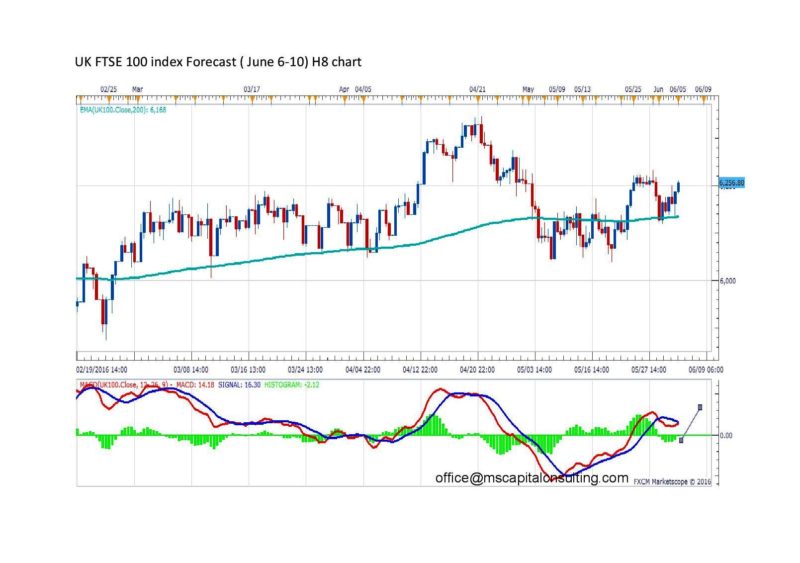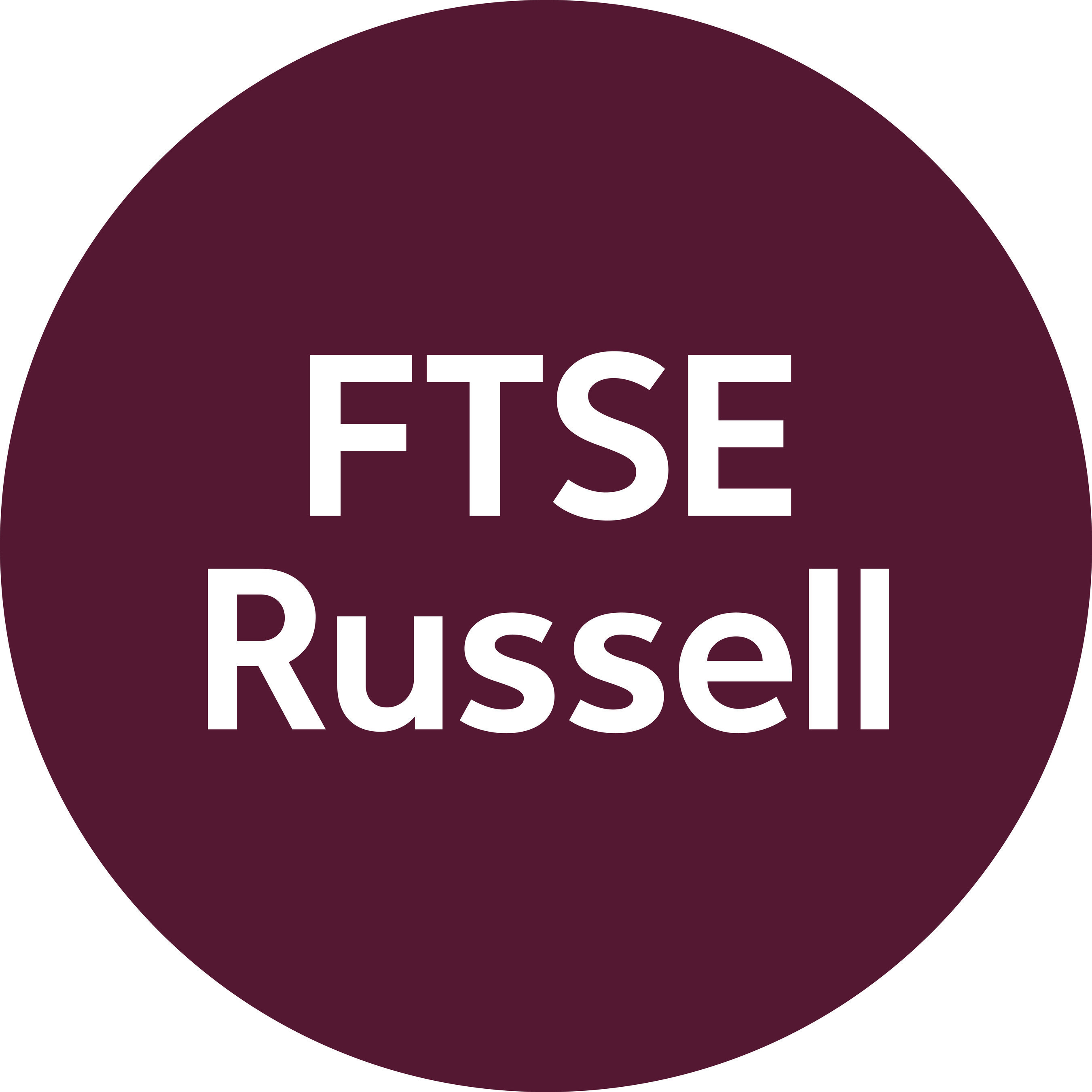In the dynamic world of finance, options trading has emerged as a powerful tool for investors seeking to navigate the complexities of the market. Among the most prominent markets for options trading is the FTSE 100, a renowned index that tracks the performance of the top 100 companies listed on the London Stock Exchange.

Image: www.profitf.com
For those new to the realm of FTSE 100 options trading, it’s crucial to grasp the fundamental concepts that underpin this intriguing instrument. In this comprehensive guide, we’ll delve into the intricacies of FTSE 100 options, exploring their history, significance, and practical applications.
Deciphering the Enigma of FTSE 100 Options
Options, in essence, are financial contracts that confer upon their holders the right, but not the obligation, to buy or sell an underlying asset at a predetermined price on or before a specified date. In the context of FTSE 100 options trading, the underlying asset is the FTSE 100 index itself, a barometer of the UK’s stock market.
These options come in two primary flavors: calls and puts. Call options grant holders the right to purchase the FTSE 100 index at a particular price, also known as the strike price. Put options, on the other hand, provide holders with the right to sell the index at a specified price. The choice between call and put options hinges upon the investor’s market outlook and trading objectives.
FTSE 100 Options: A Gateway to Versatility
The allure of FTSE 100 options lies in their multifaceted nature, offering investors a spectrum of opportunities:
- Hedging: Options enable investors to protect their existing stock portfolios against potential market downturns.
- Speculating: Options provide a means to speculate on the price movements of the FTSE 100 index, capitalizing on market volatility.
- Income generation: Investors can employ options writing strategies to generate income through premiums received from option buyers.
In addition to their versatility, FTSE 100 options boast liquidity and transparency, making them an attractive proposition for both institutional and retail investors.
Delving into the Mechanics of FTSE 100 Options
To trade FTSE 100 options effectively, a thorough grasp of their intrinsic mechanics is paramount:
- Expiration Date: Every option contract has a predetermined expiration date, after which it ceases to exist.
- Exercise Price: This refers to the predetermined price at which the buyer of a call option can purchase the underlying asset or the seller of a put option can sell the underlying asset.
- Premium: Options are not free. The buyer of an option pays a premium to the seller, representing the price for acquiring the right bestowed by the option.
Navigating the complexities of FTSE 100 options requires a clear understanding of these fundamental elements.

Image: www.forex-central.net
Market Trends and Insights: Unraveling FTSE 100 Options
The FTSE 100 options market is constantly evolving, influenced by a myriad of economic, political, and social factors:
- Economic Indicators: Data on inflation, unemployment, and GDP can significantly impact FTSE 100 options pricing.
- Political Events: Elections, referendums, and geopolitical developments can also affect market sentiment.
- Company Announcements: News about mergers, acquisitions, and earnings reports can influence the FTSE 100 index, thereby impacting option prices.
By closely following market trends and analyzing relevant data, investors can make informed trading decisions.
Expert Tips for Navigating FTSE 100 Options
Seasoned traders offer valuable advice for maximizing success in FTSE 100 options trading:
- Define Your Trading Objectives: Clearly identify your investment goals, whether it’s hedging, speculating, or income generation.
- Understand Risk Management: Options trading carries inherent risks. Employ sound risk management strategies, such as stop-loss orders and appropriate position sizing.
- Thorough Research: Conduct comprehensive due diligence on FTSE 100 companies and the broader market to make informed decisions.
Adhering to these expert tips can enhance your trading outcomes.
FAQs: Demystifying FTSE 100 Options
Here are answers to common questions about FTSE 100 options:
- Q: Who can trade FTSE 100 options? A: Individuals with an account with a broker that offers options trading services can participate.
- Q: What is the minimum amount required to trade FTSE 100 options? A: The minimum investment amount varies depending on the broker and the specific option contract.
- Q: How are FTSE 100 options priced? A: Option prices are determined by the interaction of supply and demand, which is influenced by various market factors.
These FAQs provide clarity on essential aspects of FTSE 100 options trading.
Ftse 100 Options Trading

Image: www.prnewswire.com
Conclusion
FTSE 100 options trading offers a versatile and multifaceted avenue for investors seeking to harness the potential of the UK stock market. By grasping the intricacies of this instrument and applying expert advice, traders can navigate the complexities of the market and unlock opportunities for financial success. Whether you’re an experienced investor or just starting to explore the world of options trading, FTSE 100 options present a compelling opportunity to enhance your portfolio and expand your investment horizons. Are you ready to embark on the exciting journey of FTSE 100 options trading?






